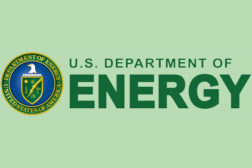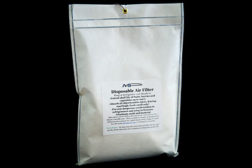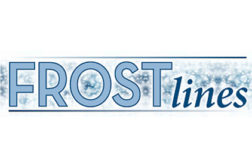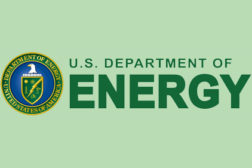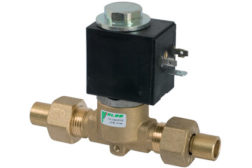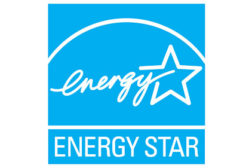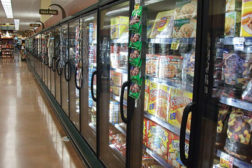Freezers and Coolers
Petitioners Ask for Review of Commercial Refrigeration Equipment Standards
Read More
May 20, 2014: DOE Announces New Efficiency Standards for Motors, Walk-In Coolers and Freezers
New Standards Expected to Save Money and Cut Greenhouse Gas Emissions
May 20, 2014
May 13, 2014: Star Refrigeration Launches US Subsidiary, Azane Inc.
Company Will Offer Packaged Ammonia Chillers and Freezers
May 13, 2014
Report Looks at Walk-in Refrigeration Market in the US Through 2018
Market Is Increasingly Adopting Green Technology and Using Renewable Energy Sources
March 17, 2014
Closing an Open Case
Store Reduces Power Costs with Refrigeration Retrofit
November 18, 2013
Copyright ©2024. All Rights Reserved BNP Media.
Design, CMS, Hosting & Web Development :: ePublishing
